Can dogs eat peanuts? It’s a common question most of the dog owners often ask. Here we are going to discuss more whether can dogs eat peanuts or not. If you don’t have enough time to read further, the straight answer is yes, dogs can eat some peanuts safely.
Actually, dogs can technically eat peanuts, but it’s not recommended to feed them in large amounts or on a regular basis. Because, peanuts are high in fat and calories, which can lead to weight gain if your dog consumes too many of them. Additionally, some dogs may be allergic to peanuts or develop digestive issues from eating them.
If you do decide to give your dog peanuts as an occasional treat, make sure they are unsalted and without any added sweeteners or flavorings. Always consult with your veterinarian before introducing new foods into your dog’s diet.

Can Dogs Eat Peanuts?
Dogs are beloved pets for many families around the world. As a responsible dog owner, it’s important to ensure that your dog is getting the right nutrition to stay healthy and happy. One question that often arises is whether can dogs eat peanuts or not. While peanuts are not toxic to dogs, it’s important to consider the potential benefits and risks before feeding them to your pup.
Peanuts are a good source of protein, healthy fats, and vitamins B and E. These nutrients can be beneficial for dogs, especially as part of a balanced diet. However, it’s important to note that peanuts are also high in fat and calories, which can lead to weight gain if consumed in excess. Additionally, some dogs may be allergic to peanuts or develop digestive issues from eating them.
If you’re considering giving your dog peanuts, it’s important to do so in moderation. A small handful of unsalted, plain peanuts can make for a tasty treat for your dog. However, it’s best to avoid giving them peanuts on a regular basis, as they are not a necessary part of a dog’s diet.
It’s also important to monitor your dog’s reaction after eating peanuts. Some dogs may experience symptoms of an allergic reaction, such as itching, swelling, or hives. Other dogs may experience gastrointestinal issues such as vomiting or diarrhea. If you notice any of these symptoms after giving your dog peanuts, it’s best to stop feeding them immediately and consult with your veterinarian.
Also read: can dogs eat eggs?


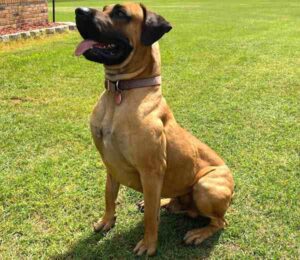
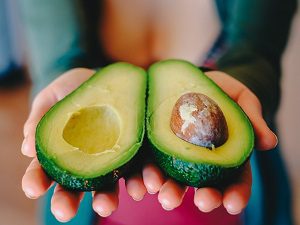
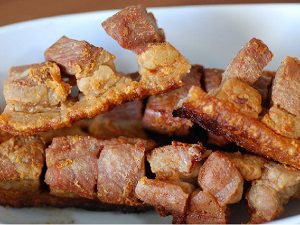
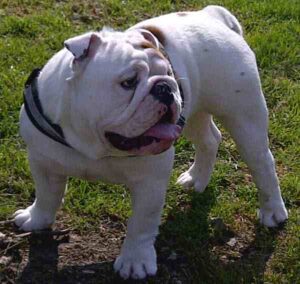
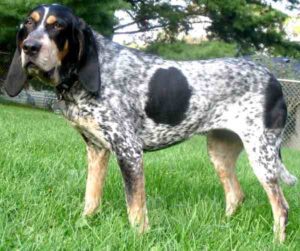
“Great article!